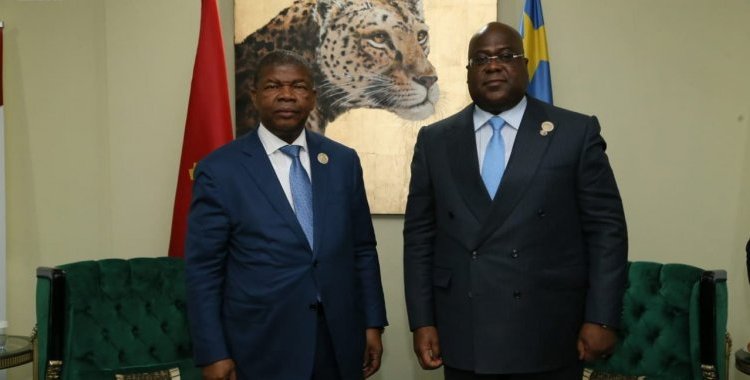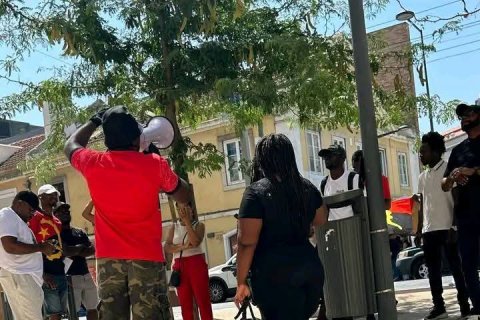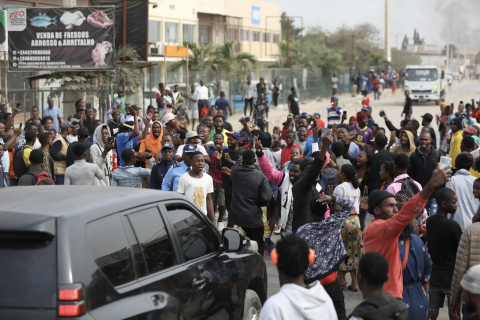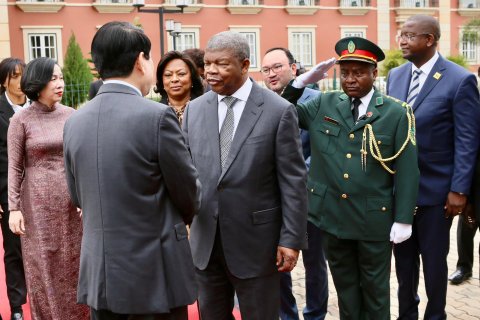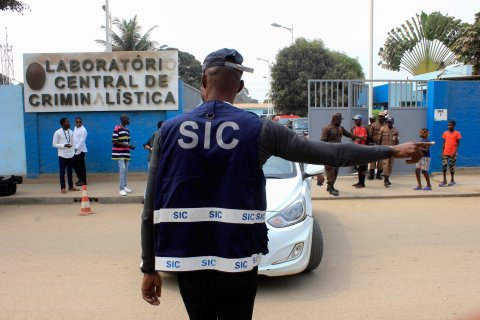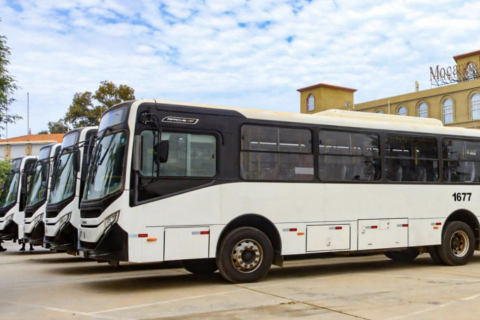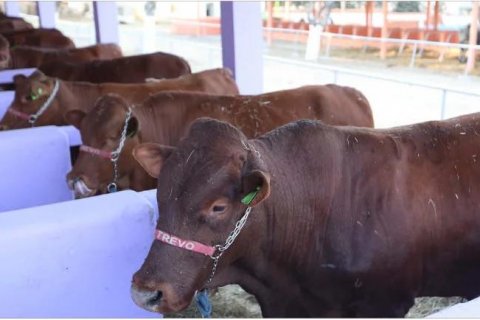At the center of the conversation between João Lourenço and Félix Tshisekedi was the implementation of the decisions taken from the recent mini-summit in Washington, which define the creation of conditions for the achievement of the objectives set by the Roadmap of Luanda.
The Angolan head of state, also acting president of the International Conference on the Great Lakes, has carried out an incessant diplomatic front with the aim of ending the armed conflict in eastern DR Congo, which has as one of the consequences thousands of displaced people in the province of North Kivu.
East DR Congo has been the scene of conflicts for more than two decades, fueled by around 120 rebel militias and the country's army, despite the presence of the United Nations mission (Monusco) and, more recently, the strength of the African Community East (EAC), made up of military personnel from Burundi, Kenya, Uganda and South Sudan.
Dormant since 2013, the March 23 Movement (M23, with a Tutsi Congolese base) returned to fighting in the Congolese province of North Kivu in November 2021, having already caused the displacement of at least 340,000 people in the east of the country, according to with the UN, and controls several locations in the province, whose capital, Goma, it currently surrounds.
The M23 is the main threat to the DR Congo Armed Forces in the region and is at the center of growing tensions and reciprocal accusations of interference between Kinshasa and Kigali.
DRCongo accuses Rwanda of supporting the M23; Kigali denies this and claims, on the other hand, that Congo not only supports, but offers troops and means to the Democratic Liberation Forces of Rwanda (FDLR), the Hutu rebel militia, opponent of the Rwandan President, Paul Kagame.
M23 and FDLR have been the two main instruments of a proxy war that has not stopped growing in the last year and threatens to spread in the DRC and Rwanda, and draw Uganda and Burundi into its vortex, according to several analysts.
Two mediation initiatives currently active, one under the EAC, led by former Kenyan President Uhuru Kenyatta, and the other under the auspices of the International Conference on the Great Lakes Region (ICGLR), led by President João Lourenço, have not achieved significant results so far.

